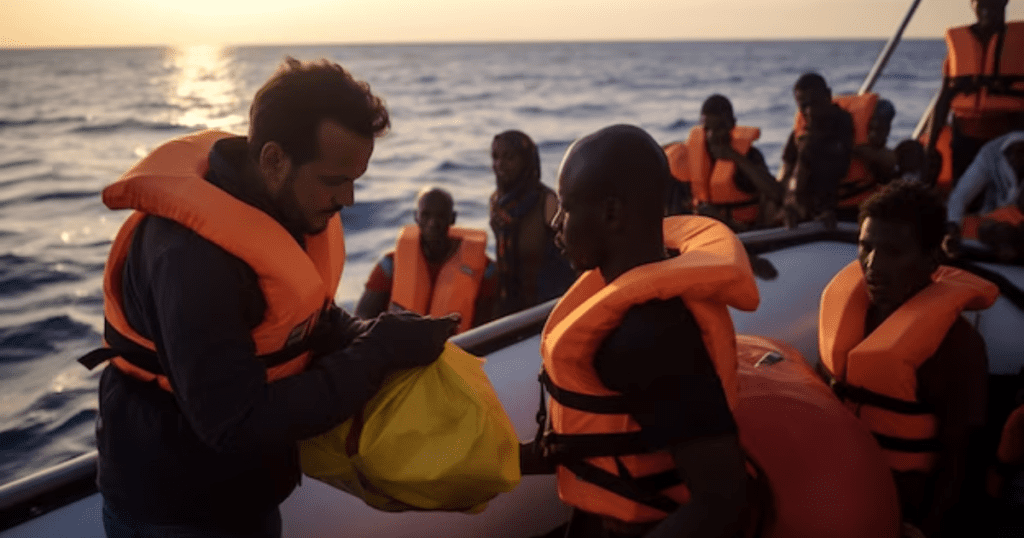Strengthening Conservation Networks
Marine conservation continues to expand, and in this light, it becomes even more important to establish stronger networks among researchers, organizations, and policymakers. A glimpse of the giant whale was an incredible reminder of how connected our world is, as one event could easily create cooperation between sectors. While scientists and marine biologists are at the forefront of studying whale behaviors and ecosystems, these efforts must be supported by governments, local communities, and non-governmental organizations (NGOs). When all these different groups work together, they can amplify their impact, ensuring that marine conservation reaches global audiences and addresses pressing environmental concerns.

One of the key outcomes of the whale encounter was the increased emphasis on cross-disciplinary collaboration. Researchers soon realized that the fruits of their labor could be better maximized if they collaborate with policymakers, conservation organizations, and even local businessmen. Local tour operators and whale-watching groups can make it their mission to promote responsible viewing practices and ensure that tourists are educated to keep their distance from marine life. Community engagement can foster a culture of conservation that extends beyond academic research and into the everyday lives of people living in coastal areas.
Furthermore, the research team recognized that technology could be used to strengthen conservation efforts through shared databases, monitoring tools, and real-time data collection. Advances in satellite tracking, ocean monitoring systems, and even citizen science projects have made it possible for a global network of conservationists to work together that could not be achieved ten years ago. Data-driven protection and management of whale populations lead to more efficient conservation strategies in response to the most accurate information possible. It will create a more holistic and inclusive conservation strategy by the collaboration of scientists, technology experts, and local stakeholders that is more effective in ensuring the survival of whales and other marine species.





